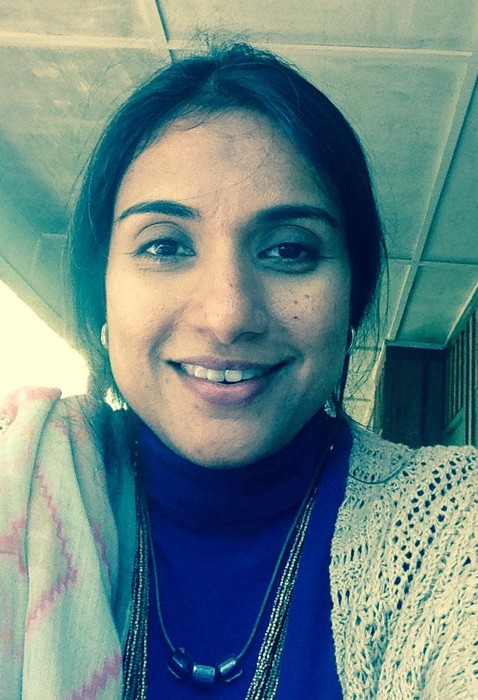SSWR Doctoral Student Spotlight
The SSWR Doctoral Student Members Task Force is launching a new series featuring research conducted by doctoral students. The series is intended to bring awareness and attention to the research being done by social work doctoral students, as well as important issues in the field. One spotlight piece will be featured each week on the SSWR Doctoral Student Member Blog & Facebook Page during the spring 2019 semester.
Erum Agha
Health and Behavioral Health of Refugee Women Resettled in the United States
Student Researcher: Erum Agha, University of North Carolina Chapel Hill
About the Researcher: Erum is a 4th year doctoral student. Her research focuses on identifying and addressing health and behavioral health needs and disparities of refugee women, their health service utilization, and interventions to address unmet health and behavioral health needs. Erum is also a clinician and enjoys trail running.
Description of the Study: Erum's 3-paper dissertation will examine the incidence and prevalence of mental illness among refugee women, seek refugee and provider perspectives on health and behavioral health needs and analyze a national data set to explore service utilization patterns by urban and rural origins.
Inspiration for the Study: Erum's research agenda is motivated by improving the living conditions of the most vulnerable and marginalized groups in our society and addressing the worst global humanitarian refugee crisis in history through research.
Methodological Approach: Erum is conducting a systematic literature review, a qualitative study and using quantitative methods and a national data set to examine health, behavioral health and service utilization among refugee women.
Findings: Erum's research will explore the prevalence and incidence of mental illness among refugee women and service utilization patterns based on urban and rural origins. Her qualitative study is projected to provide valuable information upon which future assessments and interventions for behavioral health of resettled Syrian refugee women can be based.
Implications: Uniformity of assessment of immediate refugee needs, and systems in place to address long-term needs is the first step in improving the health of resettled refugees. Increasing awareness of behavioral health by implementing policy level programs including public education has the potential to change attitudes and is the next step.
Challenges Encountered: Conducting research with refugees is challenging given their high mobility and language and cultural barriers. Use of trained interpreters, providing cultural training for researchers, seeking refugee perspectives, and developing and implementing culturally relevant interventions will increase engagement and improve outcomes for refugees.
Questions or comments for Erum? Email her at: erum@live.unc.edu

